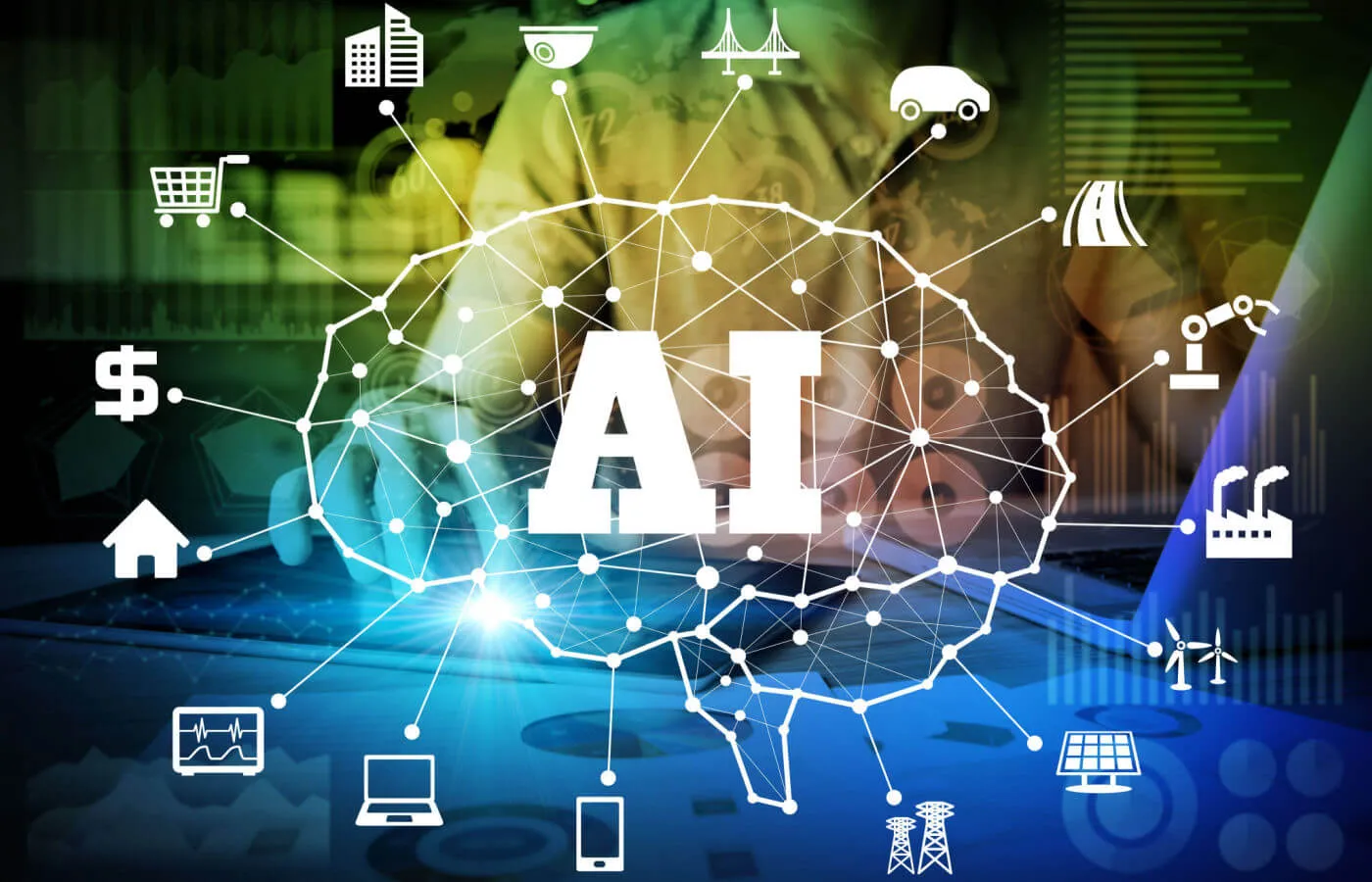Once the domain of Silicon Valley engineers and computer science labs, artificial intelligence (AI) is rapidly becoming more accessible to professionals from non-technical backgrounds. A new wave of AI adoption is shifting the skill landscape, making room for talents who’ve never written a single line of code.
According to industry estimates, non-technical roles related to AI are growing more than 40% faster than their technical counterparts. This surge is being driven by user-friendly platforms, no-code tools, and the growing need for human-centric AI oversight.
ALSO READ: Now Open: Pan-India Registration for Fraud Investigators!
The New AI Talent Pool
Experts say that the so-called “democratization” of AI is opening the field to marketers, project managers, educators, healthcare workers, and business analysts—people who bring domain expertise, communication skills, and critical thinking to the table.
“The future of AI isn’t just technical. It’s strategic, ethical, and practical,” said Priya Mathur, an AI educator and founder of the AI for Business Professionals community. “AI literacy is becoming a must-have skill, no matter what industry you’re in.”
10 AI Skills Anyone Can Learn
-
AI Literacy & Conceptual Understanding:
Grasping the foundational concepts of AI—like machine learning and neural networks—can help professionals identify opportunities and risks. Platforms such as Google’s Explainable AI and IBM’s AI Fundamentals are making these concepts accessible to all. -
No-Code Machine Learning Tools:
Tools like Obviously AI and Teachable Machine allow users to build predictive models and image recognition systems through simple drag-and-drop interfaces. This enables non-tech teams to build powerful business tools in-house. -
Data Storytelling & Visualization:
Tools like Tableau let users turn complex AI insights into clear visual narratives, helping decision-makers understand what the data actually means—and what to do with it. -
AI-Augmented Decision Making:
Understanding when to trust AI outputs—and when to override them—is critical. This skill bridges the gap between technical recommendations and real-world applications. -
Prompt Engineering:
Whether you’re using ChatGPT or Midjourney, prompt engineering is about teaching AI to understand your intent. It’s a game-changer for productivity and creativity. -
Domain Expertise Application:
Industry professionals can now use AI to optimize repetitive tasks, streamline data-heavy processes, and offer strategic insights, often better than programmers unfamiliar with specific sectors. -
AI Project Management:
Leading AI projects doesn’t require building algorithms. It requires managing scope, setting realistic expectations, and facilitating collaboration between technical and business teams. -
AI Ethics and Responsible Use:
Non-technical professionals often spot ethical issues that coders may overlook. Understanding AI governance and bias mitigation is fast becoming a core job requirement. -
Tool Evaluation & Selection:
With thousands of AI tools available, knowing how to match the right one to your business need—without being technical—is a valuable skill in itself. -
Continuous AI Learning:
The AI landscape evolves rapidly. Staying updated through newsletters, podcasts, and communities can help professionals stay relevant and informed.

A Future-Ready Workforce
This shift is redefining what it means to be “AI-skilled.” Organizations are no longer just looking for coders—they need communicators, strategists, storytellers, and ethicists who understand how to make AI work for business and society.
“You don’t have to build the AI. You just have to know how to use it,” says Mathur. “That’s the new power skill in today’s workforce.”
As AI reshapes industries, the lines between technical and non-technical roles are blurring. The most successful organizations will be those that build interdisciplinary teams—where coders and non-coders alike contribute to creating responsible, useful, and human-centered AI solutions.


